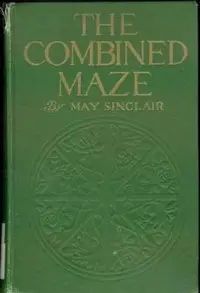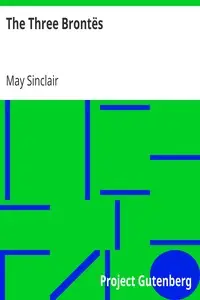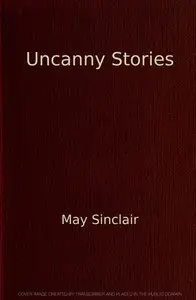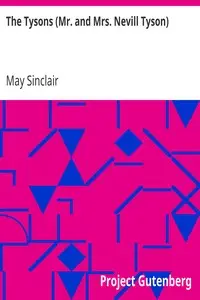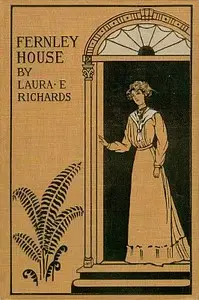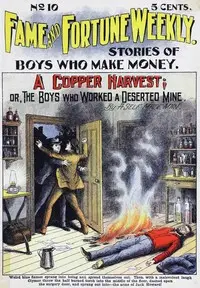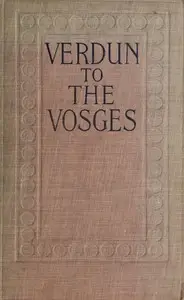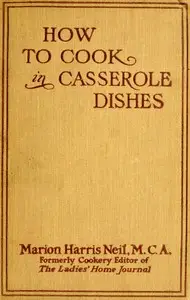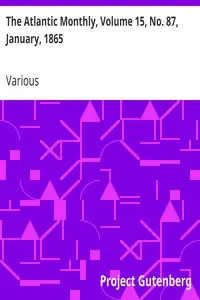"Mr. Waddington of Wyck" by May Sinclair is a novel written in the early 20th century. The book explores the complexities of relationships, social dynamics, and the roles of its characters against the backdrop of English country life. The story revolves around Barbara Madden, who is hired as the secretary to Horatio Bysshe Waddington and the companion to his charming wife, Fanny. As Barbara navigates her duties, she becomes entangled in the lives of the Waddingtons, experiencing the interplay of affection, power, and social expectations. The opening of the novel introduces us to Barbara as she acclimates to her new role at Lower Wyck Manor, focusing on her interactions with Fanny, who is full of life and energy. We see glimpses of Horatio through his portrait and hints of his complex character, setting up an intriguing dynamic as Barbara anticipates his arrival after a short absence. The scene captures the blissful yet fragile atmosphere of the house, highlighting Barbara's admiration for Fanny and her curiosity about her new employer. As the narrative unfolds, we meet Ralph Bevan, who adds another layer to the romantic and possibly tumultuous relationships at play, suggesting deeper undercurrents of desire and social tension. The beginning effectively sets the stage for the intricacies of character interactions that will develop throughout the novel. (This is an automatically generated summary.)

Mr. Waddington of Wyck
By May Sinclair
"Mr. Waddington of Wyck" by May Sinclair is a novel written in the early 20th century. The book explores the complexities of relationships, social dyn...
May Sinclair was the pseudonym of Mary Amelia St. Clair, a popular British writer who wrote about two dozen novels, short stories and poetry. She was an active suffragist, and member of the Woman Writers' Suffrage League. She once dressed up as a demure, rebel Jane Austen for a suffrage fundraising event. Sinclair was also a significant critic in the area of modernist poetry and prose, and she is attributed with first using the term 'stream of consciousness' in a literary context, when reviewing the first volumes of Dorothy Richardson's novel sequence Pilgrimage (1915–1967), in The Egoist, April 1918.

